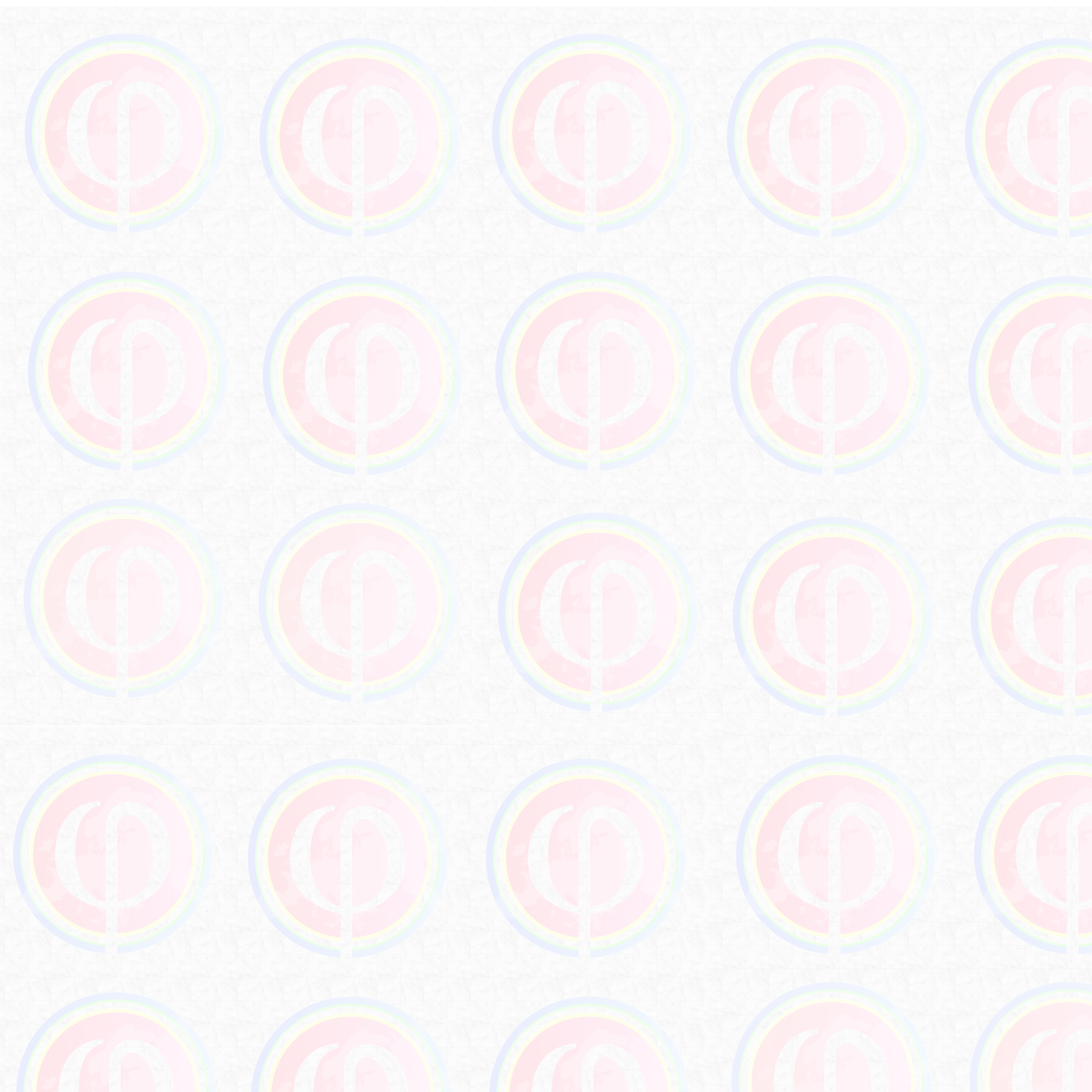Slow Philosophy, Slow Sport: understanding emersiology in Philosophy of Sport.
Editors: Irena Martínková and Bernard Andrieu
It has been said that the ‘Slow Living Movement’ began with the Slow Food Movement started by Carlo Petrini in Italy in 1986, as a reaction to the opening of a McDonald’s fast food outlet in his town. He emphasized the eating of fresh, local, sustainable and ethical foods, prepared leisurely and with love, and consumed in the company of good friends and family.
More recently, Michelle Boulous Walker (Walker 2016) has argued for Slow Philosophy. Since philosophy involves the patient work of thought, philosophy can be described as the art of reading slowly – and this inevitably clashes with many of our current institutional practices and demands.
The question arises: can we resist the era of accelerated time and can we spot innovative experiments of deceleration (Marie, Thomas, 2006)? If performance and speed have long governed the relationship to the body and space in modern societies, contemporary ethical and environmental concerns call for a ‘slow philosophy’: slow sport, slow tourism, slow food, slow sex, slow management, slow design, slow urbanism, etc. Our question now is how to (re-)think bodily experience in a culture of slowness, slow sport, ecomobility and substainability (Borne, Ponting, 2017).
This Special Issue proposes to question the epistemological implications (Andrieu, 2014) of this ‘turn’ to slow culture, and the implications of the practice of ‘slowness’ for the body, sports, leisure activities, and social, spatial and touristic transformations. In connection with the reflections initiated in the field of body ecology (Andrieu. Parry, Porrovechio, Sirost. eds, 2018), we propose to extend the debates around ‘emersiology’(Andrieu, Nobrega, Sirost, 2018), by focusing on the quality of experiencing (Martinkova, Parry, 2011), the body depth discovered by the emersion of awareness in slow sport, games and challenges of spatiality, mobility and corporeality, and by the immersion of the body in emersive leisure activities (Andrieu, Loland, 2017).
We propose to consider the awakening and mindfulness practices of Tai chi, yoga, Qi Gong and other modes of relaxation or meditation; aquatic itineraries concerning apnoea, surfing, kayaking, paddling, long-coast, etc., illustrating a close intimacy with the natural environment of practice; and other modes of wandering or roaming such cycling, pedestrianism, Nordic walking, slacklining, off-piste, etc – all bypassing competition and motivated by a will of slowness.
By modifying the quality of one’s life practices, the individual transforms his ecology through micro-situations, contemplations of landscapes and micro-experiences that engage our daily responsibility. The objective will be to bring together, in the same thematic axis, body ecology and the sports environment, in order to grasp the mechanisms of slowness experienced in sporting leisure. So, as well as a theoretical consideration of the philosophy of slowness,we hope that there will be presentations on a very wide range of physical and sports activities, illustrating the culture of slowness and its outcomes and effects.


